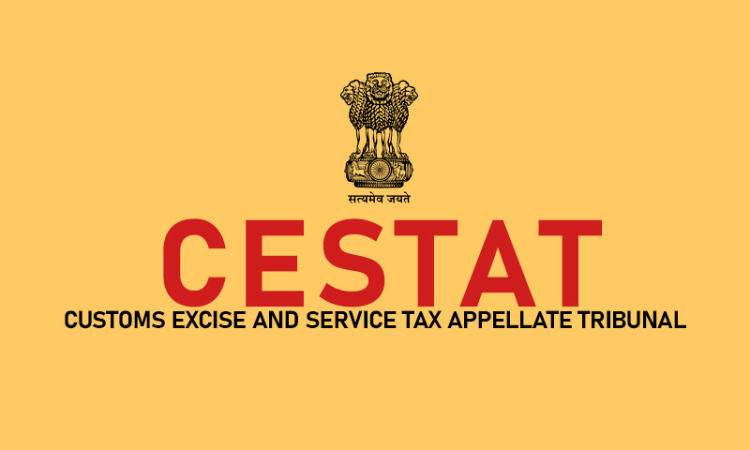CESTAT Allows Credit Of CVD And SAD Paid For Imports Made Prior To The GST Regime
Parina Katyal
13 July 2022 5:15 PM IST

Next Story
13 July 2022 5:15 PM IST
The Chennai Bench of CESTAT has allowed credit of CVD and SAD paid after 30.06.2017 for the imports made prior to 30.06.2017, i.e., prior to the GST regime, under the advance authorisation scheme. The Single Bench of Judicial Member Ms. Sulekha Beevi held that credit of CVD and SAD paid by the importer could not be denied on the ground that the duties were paid by the appellant only...
